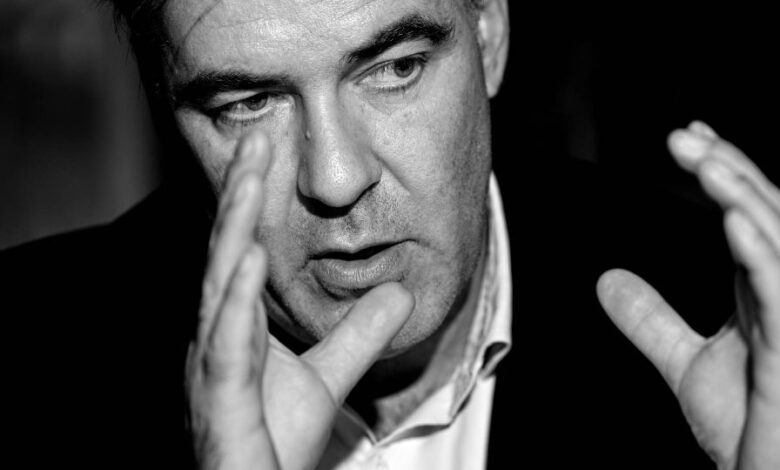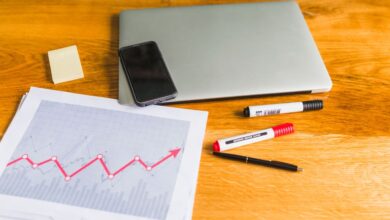Denmark should be inspired by Germany — EnergyWatch

Denmark should make use of the EU’s emergency regulation, which was introduced during the energy crisis, according to NEKST. It has recommended this to the Danish government, pointing to successful experience with the scheme in Germany, writes business daily Børsen.
Here, the NEKST working group ”More solar and wind on land” emphasizes that the measure, which must not be used at the expense of nature, can save one to two years on the case processing of a wind or solar project.
A bill on the implementation of the emergency regulation has been sent out for consultation.
”Potentially, it will help us to make it easier to get renewable energy in the places we want it. And if it has an impact on the environment in specific places, compensation must be made,” says Danish energy minister Lars Aagaard to the newspaper.
Aagaard has previously expressed his desire to make use of the scheme.
”The rules we have made for environmental and nature protection were made with good intentions. But they were also made at a time when we didn’t want to force the expansion of renewable energy. Therefore, we need to find new balances and new ways of dealing with this,” the minister has previously said.
27 recommendations
On Monday, the NEKST working group has presented 27 recommendations on how to strengthen local support, create faster processes and better interaction between authorities, and make smarter use of land when installing wind turbines and solar cells on land.
”In the working group, we have worked closely with politicians, officials and stakeholders across municipalities, green organizations and the energy industry. This has created a different and dynamic working community with a broad anchoring in society, where we have delved deeply into the barriers and have been able to propose concrete solutions. We hope that the government will continue to work on the recommendations and that the energy industry, municipalities, citizens and other stakeholders will contribute to accelerating the expansion of renewable energy on land,” says Nana Bule, chairperson of the working group, in a statement.
Lars Aagaard calls it a strong piece of work.
”They have delved deep into the toolbox and perhaps precisely because the working group has experience with the green transition in practice, many of the recommendations are straightforward. Some of the barriers they have pointed out in the recommendations, we are already in the process of breaking down, and others we need to take a closer look at,” says the minister.
Translated using DeepL with additional editing by Kristoffer Grønbæk
Source link



